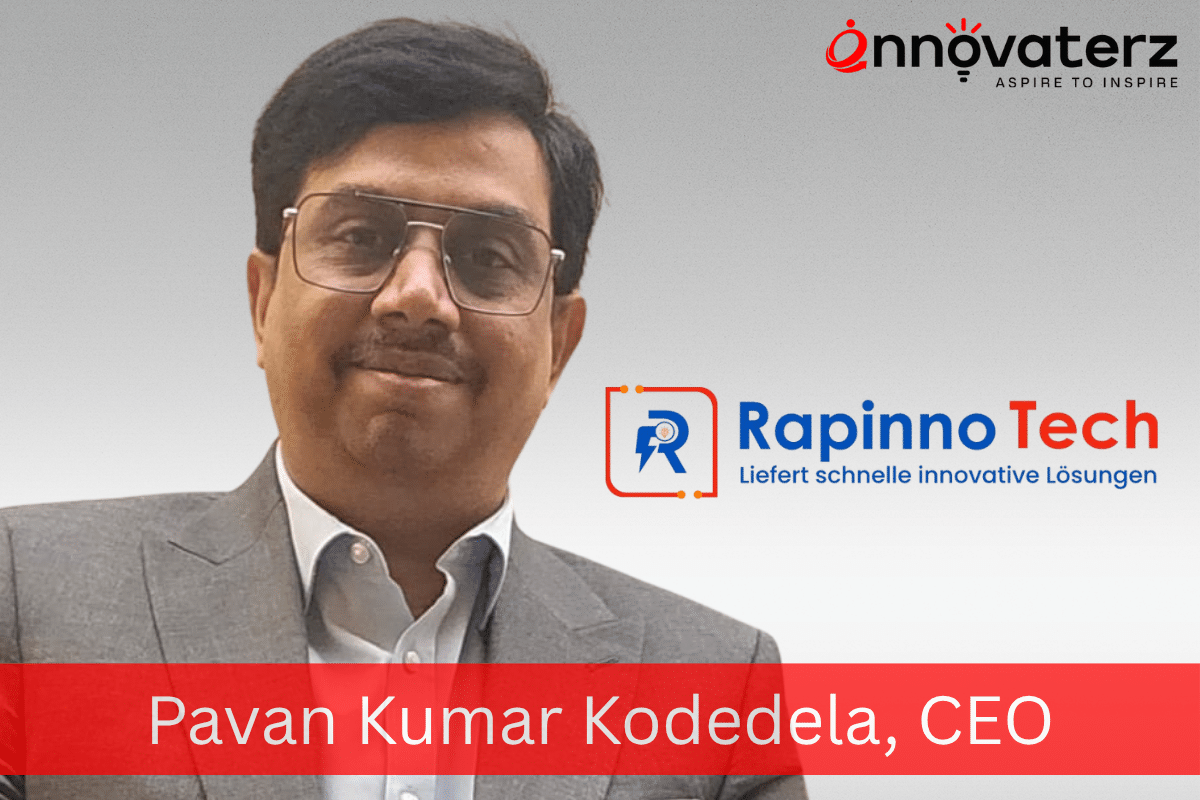BOSTON, MA, UNITED STATES, February 13, 2025 /ennovaterz/ — When Ruihua Liu founded Hill Research, the goal was clear: to revolutionize clinical trials using Generative AI. With a background in biostatistics, AI, and clinical trial management, Liu and the team at Hill Research saw firsthand the inefficiencies plaguing drug development. The pharmaceutical industry, despite advancements in technology, still faces slow timelines, high costs, and manual processes that delay life-saving treatments.
“The drug development cycle takes 10 to 15 years and costs $2.6 billion per successful drug,” Liu explains. “Every year of delay costs companies nearly $2 billion, and 90% of clinical trials fail to meet enrollment timelines due to patient recruitment challenges.” These realities led to an important question: why does drug development still rely on manual processes and fragmented data when automation and AI could optimize nearly every stage?
Hill Research developed TheraGPT, a multi-agent AI platform designed to accelerate, automate, and optimize clinical trials. By leveraging AI, Hill Research aims to cut drug development timelines from over a decade to just four years, making treatments available to patients faster and at a lower cost. The company’s AI models streamline regulatory submissions, improve trial designs, automate compliance, and identify eligible patients more efficiently.
Liu recalls a striking example of how AI is reshaping the industry. In a breast cancer trial, Hill Research’s Patient Recruitment Agent scanned thousands of medical records in just four days, identifying 50 eligible participants—a stark contrast to the traditional manual screening process, which took two months to find only three. “This is the kind of impact AI can have,” Liu says. “It’s not just about efficiency; it’s about saving lives.”
Beyond patient recruitment, Hill Research’s AI also reduces human workload in clinical trials. “Trial staff spend nearly 50% of their time on repetitive tasks like data consolidation and compliance reporting,” Liu explains. “With AI, we’ve cut manual workload by 50%, allowing scientists and clinicians to focus on innovation rather than administrative tasks.”
The need for regulatory compliance has also been a major bottleneck in clinical trials. FDA submissions are time-consuming and prone to costly delays, often due to inconsistent data validation. Hill Research’s AI ensures real-time HIPAA and FDA compliance, streamlining the process and reducing regulatory pushbacks. “Every step of a trial, from recruitment to approval, can be optimized,” Liu emphasizes.
Hill Research: Pioneering AI-Driven Innovation in Pharmaceutical Development
- Postdoctoral Fellowship at Yale University:
- Shaped innovative leadership and problem-solving approach.
- Mentored by Timothy Gregoire, AAAS Fellow in Biostatistics.
- Gained insights into challenging conventional methods in clinical research.
- Experience at FDA Drug Data Safety Monitoring Board (DSMB):
- Exposed to regulatory bottlenecks and the need for AI-powered compliance solutions.
- Inspired the creation of TheraGPT to automate patient recruitment, compliance, and data analysis.
- Reduced trial timelines from over a decade to just four years.
- Human-Centered Approach:
- AI enhances decision-making but does not replace human expertise.
- Operates on a “human-in-the-loop” principle, keeping clinicians involved in critical trial decisions.
- Data Analysis & Reporting Agent automates statistical analysis, overseen by biostatisticians.
- Embeds bias reduction algorithms to ensure diverse patient recruitment and equitable treatment access.
- AI in Pharmaceutical Development:
- AI enables complex decision-making and real-time data processing.
- Employs a multi-agent LLM Model Tree to avoid bias from a single AI model.
- Utilizes DeepSeek for biomedical applications and Hyper Graph Neural Networks (H-GNN) to continuously learn from clinical data.
- Collaborations with Major Pharmaceutical Companies:
- Partnered with Eli Lilly and Boston Pharmaceuticals to integrate TheraGPT into clinical trial pipelines.
- Reduced manual errors, improved protocol design, and accelerated data analysis.
- Led to faster regulatory submissions and better-informed clinical decisions.
- Building Trust in the Pharmaceutical Sector:
- Starts with smaller pilot projects to prove AI reliability before scaling.
- Achieved partnerships with top biotech firms and CROs.
- Maintains a 90%+ client retention rate and 85% recurring revenue.
- Complies with HIPAA, GDPR, and FDA standards, reinforcing credibility as an AI leader in clinical trials.
Looking ahead, Liu envisions a radical shift in drug development, comparing today’s pharmaceutical industry to pre-industrial-era craftsmanship. “Every drug today requires massive, customized efforts to develop,” Liu says. “But with AI, drug discovery will become a scalable, automated process, much like how Ford revolutionized car manufacturing.” In this future, AI-driven labs will generate medical knowledge at industrial speed, lowering the cost of drug development and making treatments more accessible.
To achieve this vision, Hill Research is focusing on expanding AI capabilities, regulatory integration, and market adoption. The company is actively developing predictive safety analytics, adaptive trial optimization, and AI-driven FDA submission tools, ensuring that AI seamlessly integrates into global drug development. “We are also working closely with regulators to shape AI-driven policies,” Liu adds.
A key success story highlights just how much AI can accelerate clinical trials. Working with Boston Pharmaceuticals, Hill Research deployed TheraGPT’s Data Analysis & Reporting Agent to address slow and error-prone data processing. The result? Manual programming errors were reduced by 85%, trial data reporting time was cut by 60%, and regulatory submission timelines improved by three months. “This is what AI can do,” Liu says. “It’s not just about making things faster—it’s about making better, safer drugs available to patients sooner.”
In the next five years, Hill Research aims to lead the AI-driven transformation of clinical trials. The company is targeting a $100 million revenue run rate, strengthening partnerships with global pharmaceutical companies, and expanding into Europe and Asia. “We believe the future of clinical research starts now,” Liu says. “By continuously innovating and aligning AI with regulatory and clinical needs, Hill Research is redefining pharmaceutical development—making life-saving treatments faster, safer, and more accessible worldwide.”














